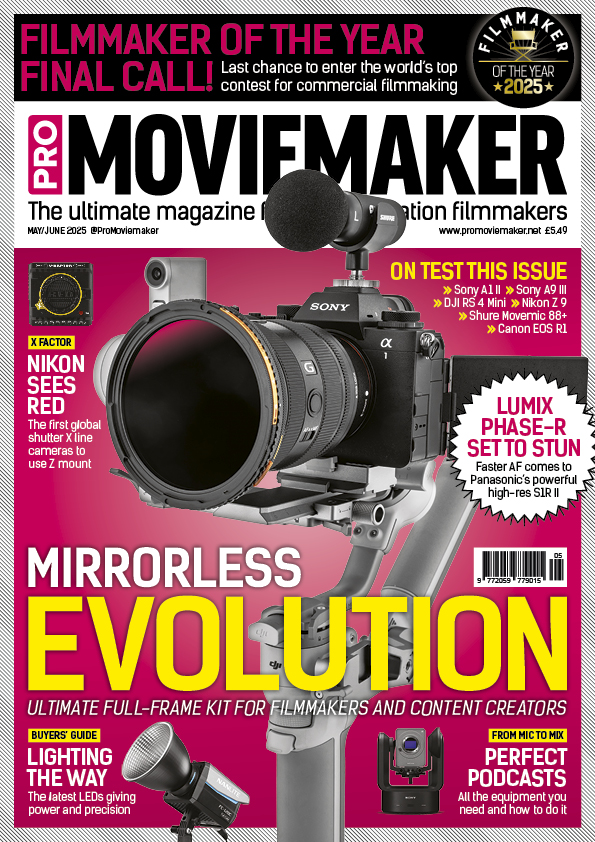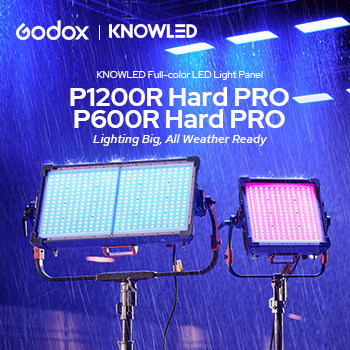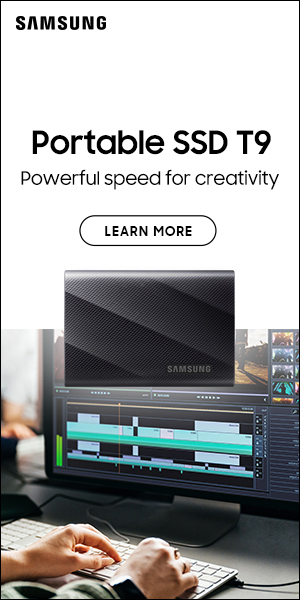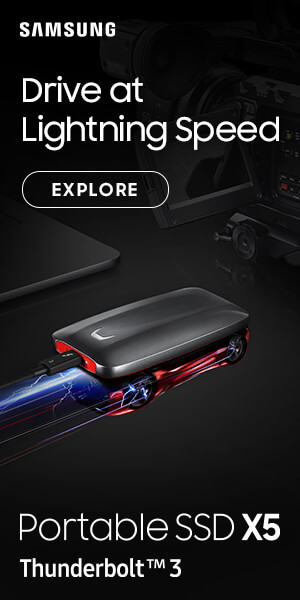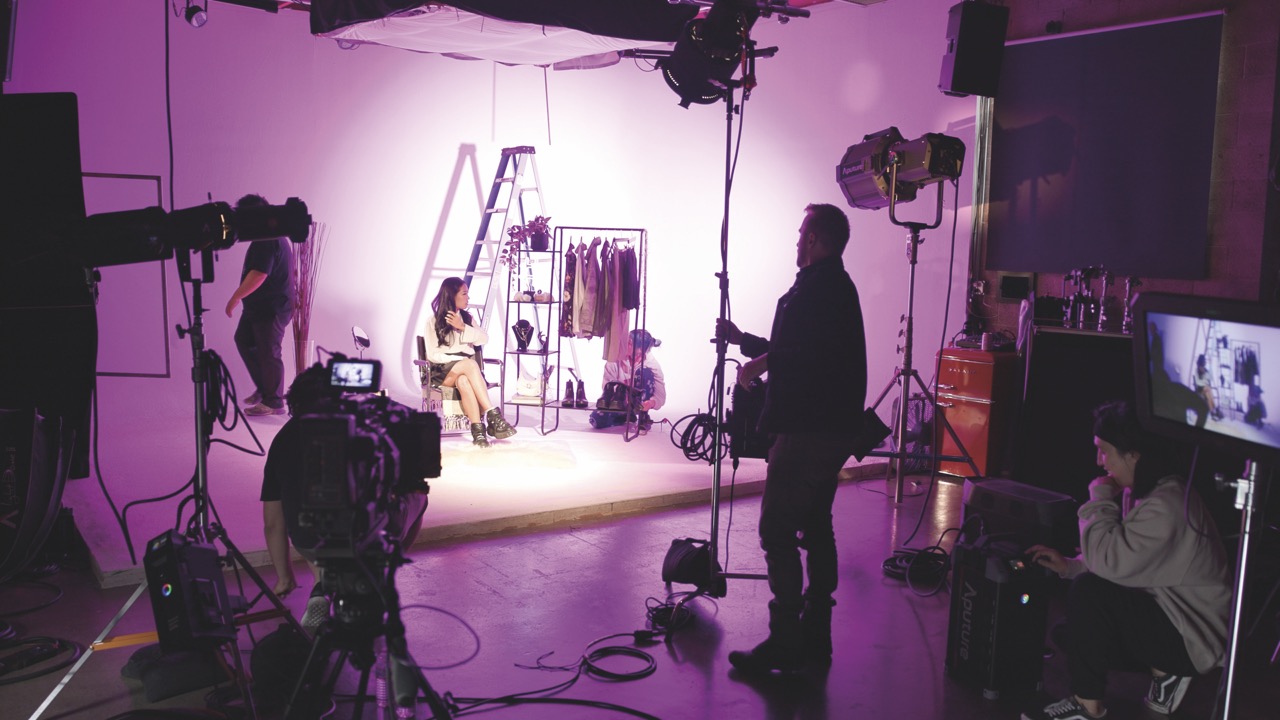
Taking the hire ground
Posted on Mar 28, 2025 by Pro Moviemaker
Lights, camera, fraction of the cost. Renting is a cost-effective shift many can make
Many filmmakers are unashamed gear heads, always on the lookout for the latest technology to help make even more creative films. There’s certainly an inexplicable joy of owing your own set of kit, knowing it’s customised to your needs and ready for use at a moment’s notice.
However, ownership can be a very expensive way of operating, which can cripple your cash flow. Even if business is good with money flowing in, it still makes sense to ask yourself tough questions. Is tying up cash in fast-depreciating kit that needs servicing and updating the right thing to do? With the high costs of new equipment and clients’ budgets increasingly getting squeezed, it makes sense to streamline your outgoings by renting kit – or even keeping a minimal cache of the most-used equipment to be supplemented by hired-in gear.
Of course, some indie operators can make a solid case for owning their own specialist kit. For example, if your USP is offering super-high-frame-rate footage and you shoot most days with minimal downtime or editing, owning your own Phantom set-up could make sense. The same applies to high-end drone companies offering FPV work or documentary filmmakers on long-term projects who need to be ready at a moment’s notice.
But for the majority of filmmakers or small production companies, there are plenty of times when kit sits unused in cabinets while footage is being edited and graded. Then, there’s the ongoing maintenance, battery charging, card formatting, firmware upgrades and insurance costs of owning equipment that all need to be factored in.
Renting is an obvious choice when you need some supplementary kit short term for a one-off project – perhaps if you are building up a temporary crew to cover a large event. It makes no sense to buy lots of extra cameras and lenses that might get used a few times a year on large projects.
Hiring is clearly the best option if you need some unusual kit for a specific job, such as a camera with a global shutter for action, a high-frame-rate speed machine for super slow-motion, fancy anamorphic lenses or super-bright lights. If you want to try out new equipment that you might be thinking of buying, there’s nothing like renting it first to get a real hands-on test rather than a few minutes in a showroom. Sometimes, renting is the only way to get your hands on something very new that’s in short supply. Rental houses are often the first to have stocks of the latest kit due to the volumes they buy.
One of the biggest advantages of renting is that the equipment arrives fully checked, charged and fitted with the most up-to-date firmware – all ready to go in a protective case, complete with chargers and sometimes even memory cards and card readers. Lenses are scratch-free and can include follow focus systems if needed.
Most of the time, kit comes with pre-printed return labels, zip ties for safety and a courier bag for when it’s ready to be returned. If you need equipment for longer than just a few days, many rental houses can offer deals, although some specialise in long-term projects.
Perhaps the biggest revolution in renting kit has been the internet and affordable nationwide courier services, meaning you no longer need to be near a big city. If you’re based in Cornwall but your shoot is in Aberdeen, you can even have the kit sent directly to the location ready for your arrival.
Big players like Hireacamera now offer websites with real-time equipment availability, allowing you to reserve and order. And it’s not limited to cinema cameras, cine lenses and lights; many also stock mirrorless or DSLR bodies, action cameras, tripods, gimbals, grip, audio gear and just about everything else you might need. Several companies also provide loyalty schemes with discounts, along with flexible options for deposits, damage waivers and insurance.
If you are involved in a seriously big production, firms like VMI specialise in comprehensive packages, offering every major camera format – including Red, Arri, Sony, Canon and Phantom. And they also provide lenses, lighting, grip, sound equipment and even lighting trucks, generators and catering rigs.
VMI has made a 20-year effort to reduce its impact on the environment, with a commitment to being an entirely net-zero company by 2030. The company could be an important part of a sustainability drive on massive productions – and that’s great news for everyone.
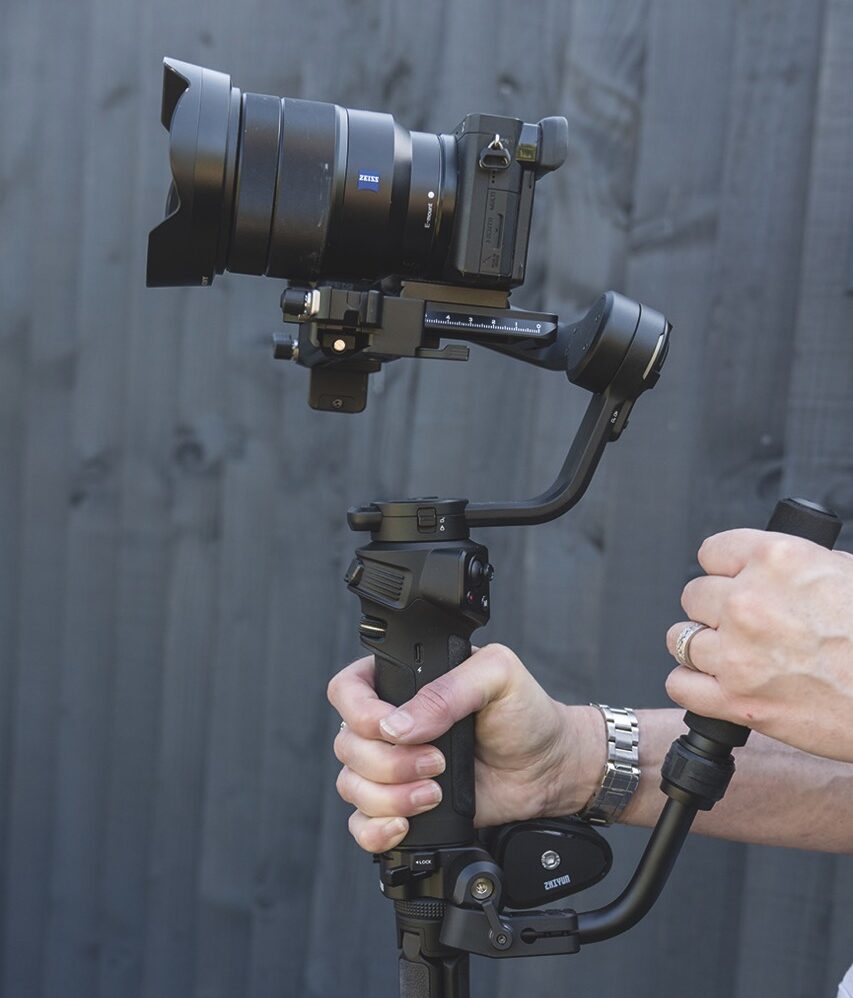
The peer hunter
If you already own lots of kit and want to make more money from it – or just need the occasional rental item – peer-to-peer renting could potentially be for you.
These services first came onto the scene approximately seven years ago, but many have already folded, leaving Fat Llama as the market leader. That’s because it specialises in making it safer for both the renter and the kit owner.
Filmmakers can rent out their own kit, backed by the promise that the hirer will be vetted and the gear insured by Fat Llama. Renting kit this way often costs much less.
Of course, you are largely at the mercy of the kit’s owner. It might be faulty or have outdated firmware, for example; or you have to arrange pick-up and drop-off, which can be time-consuming and often fraught with danger.
It is a popular way for students in large cities to get hold of the kit they need. But for a professional business, hiring from established rental specialists is hugely advantageous.
More Information:
- arrirental.com
- broadcast-services.co.uk
- cameraworks.co.uk
- fomorentals.co.uk
- hireacamera.com
- lensesforhire.co.uk
- lenspimp.com
- morpheusrentals.com
- shootblue.tv
- vmi.tv
- wexphotovideo.com
This article was first published in the March/April 2025 issue of Pro Moviemaker



